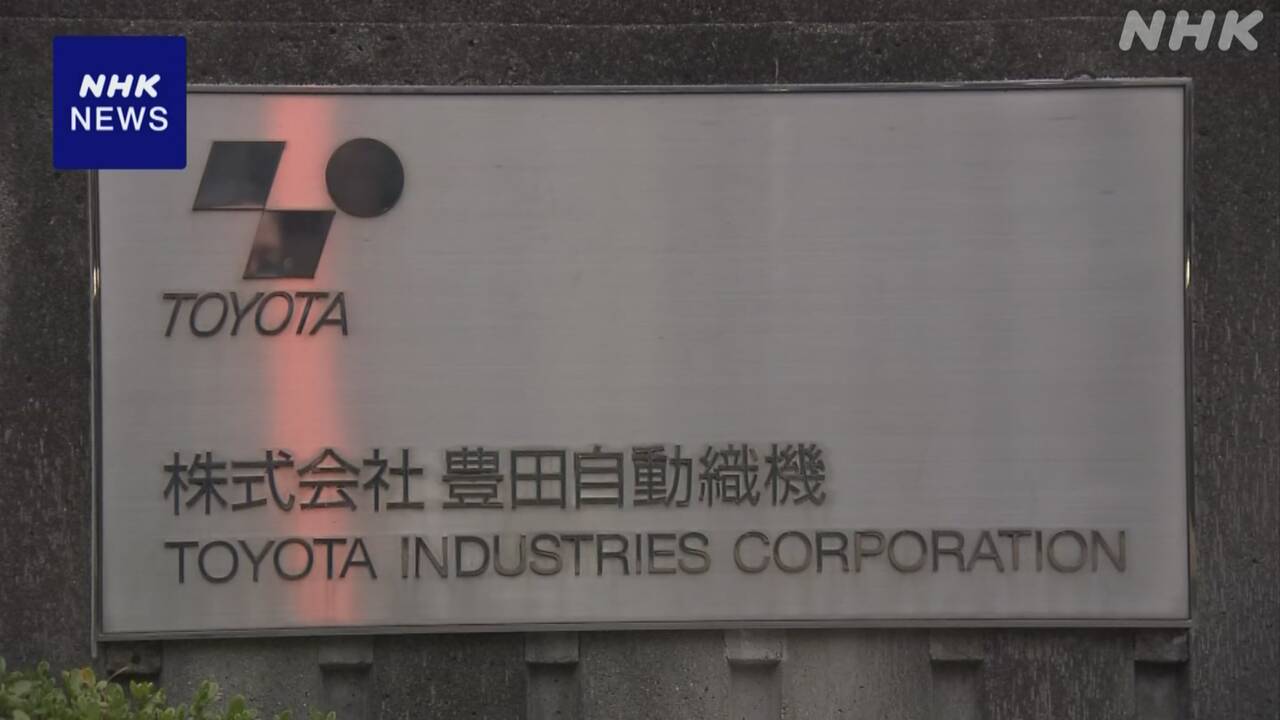Toyota Industries discovered data fraud during tests on the exhaust gas performance of engines for forklifts and construction machinery, and set up a special investigation committee made up of outside experts to investigate the matter.
The special investigation committee's report points out that the root cause of the series of frauds was a corporate structure that could be called a "trust structure" that prevented companies from taking responsibility for dealing with risks on their own.
Contract structure
The report points out that the company's engine division has been developing automobile engines for many years under the management and supervision of Toyota Motor Corporation, and has been developing engines as requested by Toyota, strictly as contract work. Masu.
This way of proceeding with development has created a temperament that could be called a ``trust structure'' in the Engine Division, allowing us to responsibly deal with the risks of exhaust gas regulations that were introduced in earnest for industrial vehicle engines after 2003. I'm assuming there wasn't.
Unreasonable development schedule
Additionally, this investigation revealed that almost all of the industrial vehicle engines targeted were intentionally fraudulent in order to obtain certification.
As for the cause of this, the report points out that the engine division had often set development schedules that seemed unreasonable, such as cases in which the start date of mass production was moved forward by one year at the request of the vice president.
There were quite a few employees who recognized that the development schedule was unreasonable and advised their superiors, the development department managers, but the department managers did not take any action to correct the schedules.
Furthermore, the department manager did not report to or consult with his superior, the technical director, and the department manager's managerial position did not fully understand the actual situation at the development site.
Neglecting data accuracy
On the other hand, in this investigation, intentional fraud included acts that disregarded the accuracy of data, such as rewriting test results, for industrial vehicle engines and automobile engines.
The report points out that although the purpose of this is to improve the appearance of data rather than obtaining certification, it raises serious questions about the attitude towards compliance.
Furthermore, this lack of awareness of the accuracy of data is not only observed among some employees, but has been widespread over a long period of time, and there are concerns about fraudulent activities in obtaining certification. He points out that this is thought to be one of the factors that lowered psychological hurdles.

